Food makes our world go ’round. Whether it be documented with a snapchat story, instagrammed or raved about on twitter, social media serves as a global dinner table, uniting diverse cultures and places through food more than ever before.
It’s no wonder that food, central to every culture, has weaved itself into edible idioms from all different languages. Food Speaks in Many Tongues shares bizarre phrases perfect for every situation that the American foodie can use to switch up their lingo:
French: Va te faire cuire un œuf – Cook yourself an egg.

Photo by Caty Schnack
Perfect for your salty side, this eggtastic expression means something similar to “go to hell.” Other edible ways to call someone a jerk are “espèce d’andouille” (piece of sausage) “une vraie courge” (an utter squash) or “quelle nouille” (such a noodle). The Frenchies got you covered.
GERMAN: Ich habe mit dir ein Hühnchen zu rupfen – I have to pluck a chicken with you…

Photo by Helena Lin
Similar to the English idiom, “I have a bone to pick with someone,” this German phrase translates to the infamous words no one in a relationship ever wants to hear; “we need to talk.” Bonus German insult to have ready; “gurkentruppe” – a troop of cucumbers (a bunch of losers).
SPANISH: Me importa un pepino – I care a cucumber.
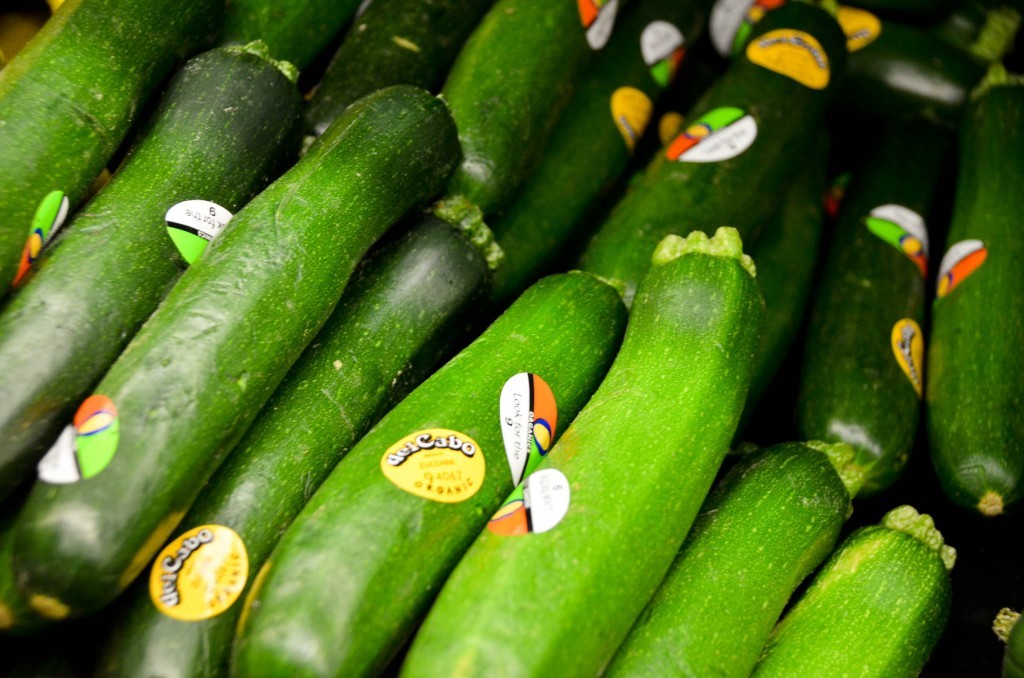
Photo by Jocelyn Hsu
Similar to, “I don’t give a fig,” use this phrase during your 8 am lecture when sporting sweats and socks with sandals.
DANISH: Nye boller på suppen – We need new (meat)balls in the soup.
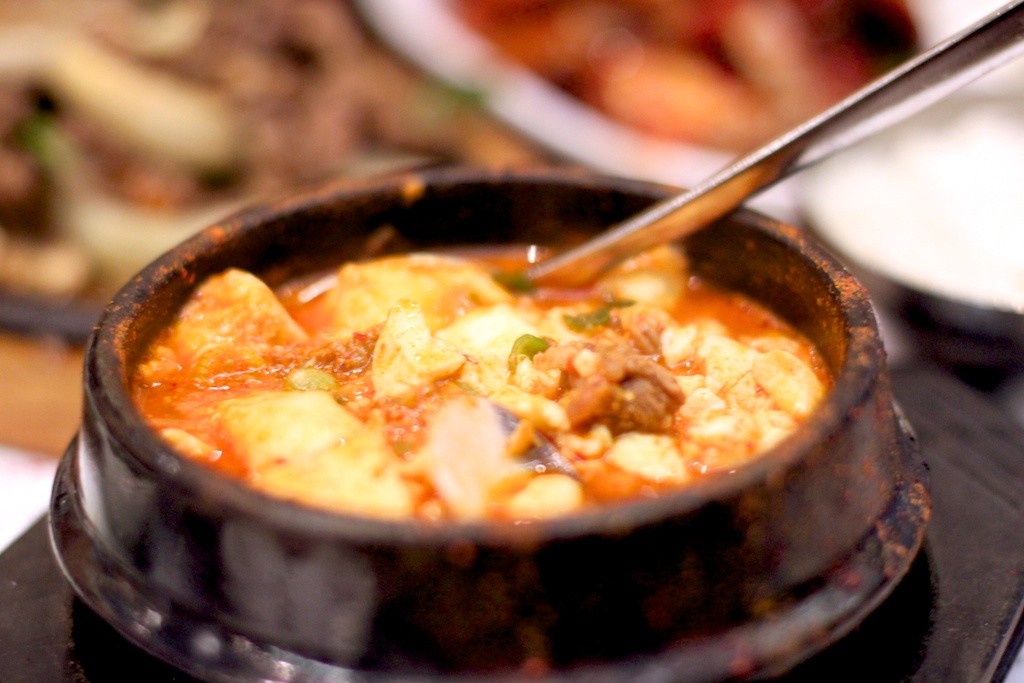
Photo by Delissa Handoko
Use this term during your midterm group-brainstorm sesh, meaning “we need new energy and ideas.” And if you’re group members aren’t listening, call them “grødhovede,” (porridge head) implying they are confused and have no brain.
PORTUGUESE: Alimentar um burro a pão-de-ló – To feed the donkey sponge cake.

Photo by Eileen Wang
To give really good treatment to someone who doesn’t deserve it. Donkeys eat grass, not cake. You know who you are.
TURKISH: Incir cekirdegini doldurmayacak sebepler – Reasons that would not fill a fig seed.
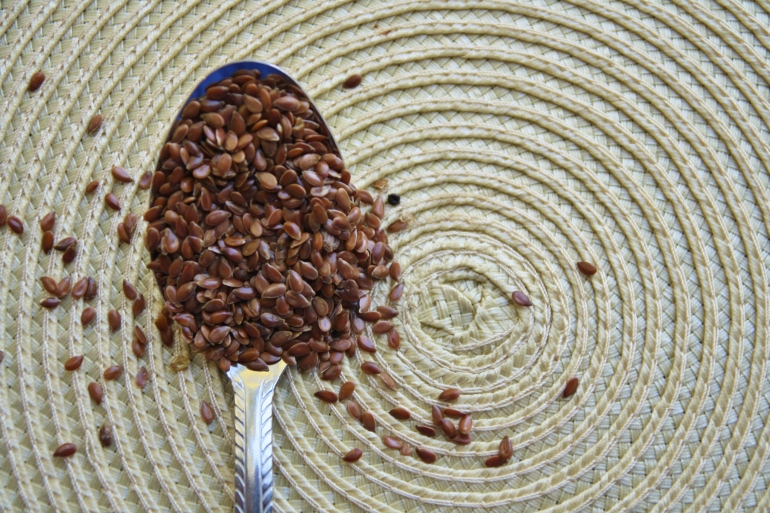
Photo by Abby Farley
Similar to your mom’s favorite phrase, this Turkish expression translates to, “There’s no reason to be upset.” (If you weren’t aware, a fig seed is around the size of a chia seed… buck up.)
JAPANESE: Sansho ha kotsubu de piririto karai – A small pepper is small, but hot enough.
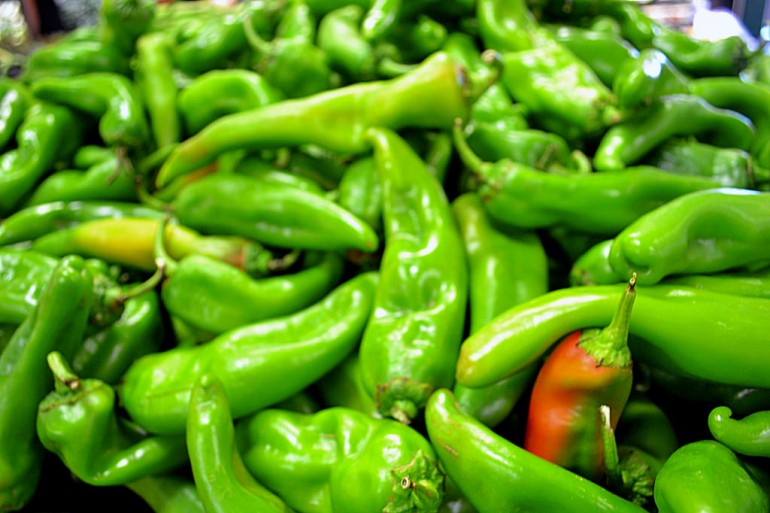
Photo by Sarah Strohl
“Sansho” is a teeny-tiny Japanese pepper, but don’t be fooled, it will set your tongue on fire. This is meant to express that even a very small person (if they are cheerful and have talent) cannot be ignored.
RUSSIAN: вешать лапшу на уши – To hang noodles on someone’s ears.
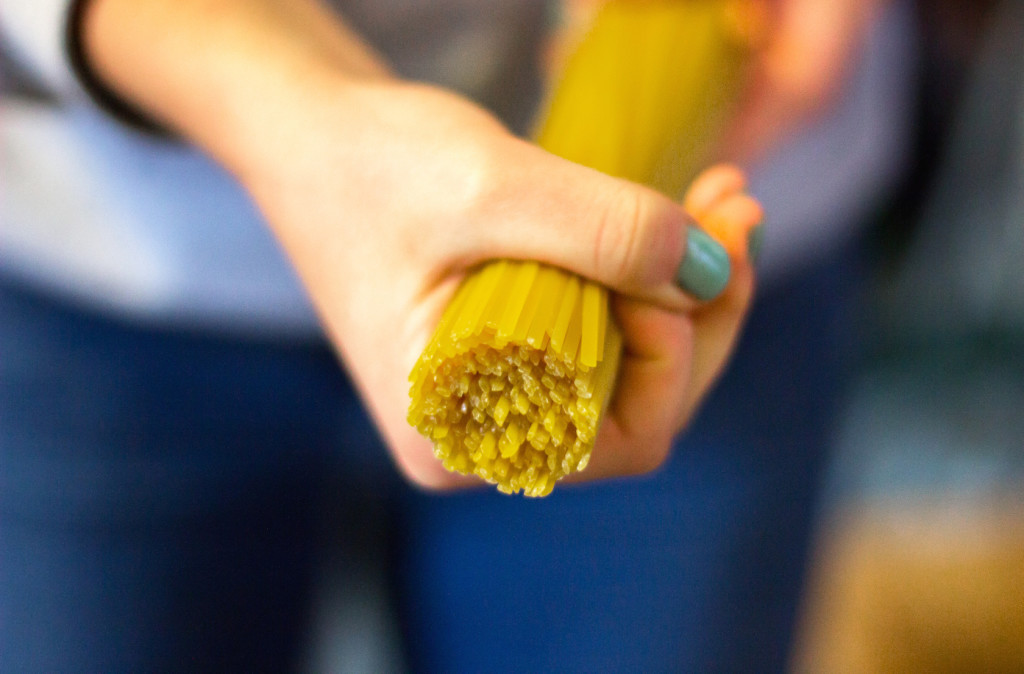
Photo by Abigail Wang
Use this phrase when someone is joking around or flat out lying. Ya know, like Shakira says; I’m on tonight, my hips don’t [hang noodles on someone’s ears].
CANTONESE: 你做的豆腐 – Are you made out of tofu?

By Danny Schuleman
Typically asked of people who put the wine in wine and cheese, this idiom is perfect for your friend who’s complaining about things like this.
ITALIAN: C’entra come i cavili a merenda – It fits like cabbage for an afternoon snack.

Photo by Steven Baboun
This phrase is used when something is unfitting or inappropriate. No offense to cabbage lovers, but cabbage is just not a snack food and definitely not to be substituted for munching on focaccia bread sprinkled in herbs and dipped in olive oil.
IRAQI ARABIC: هو أو هي مثل الطماطم – He or she is like a tomato.
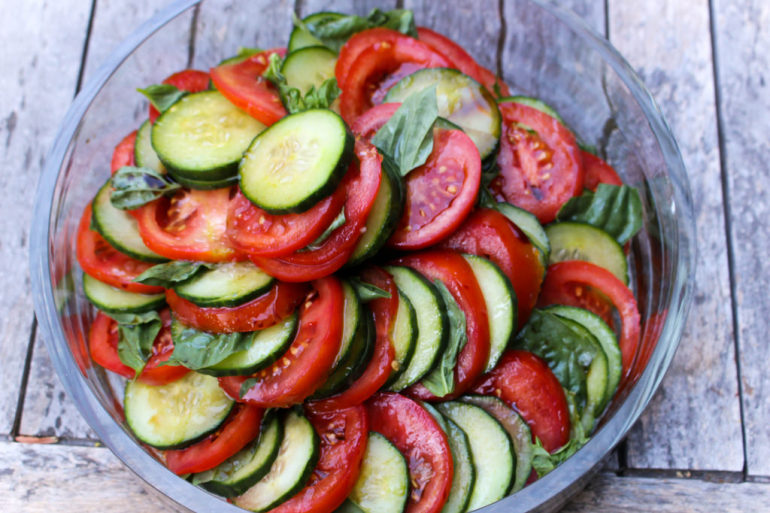
Photo by Lynden Orr
Surprisingly, being a tomato is a compliment. Inspired by the fact that tomatoes are put on nearly everything in Iraqi cuisine, this term means you are a sociable and likable person that can get along in any situation.
CHINESE: 如果你拿起一个烧饼,你可能会落个西瓜 – If you pick up a sesame seed, you may drop a watermelon.
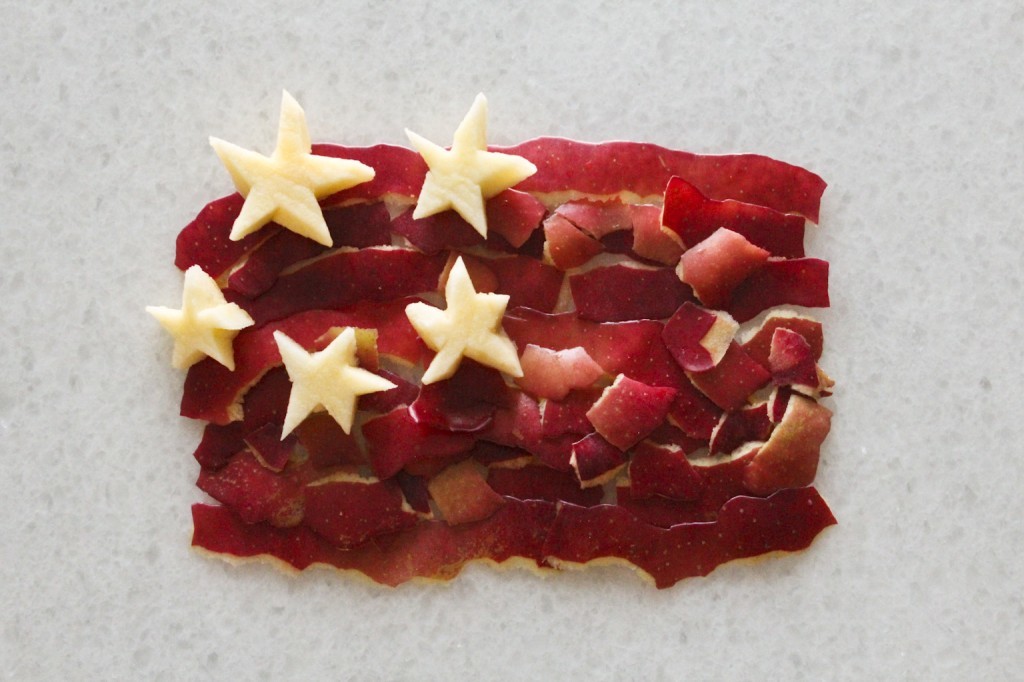
Photo by Hannah Lin
One of the more insightful expressions of the bunch, this phrase means that if you focus on trivial issues, you will lose sight of more important things in life.
Next, chew on these articles:


